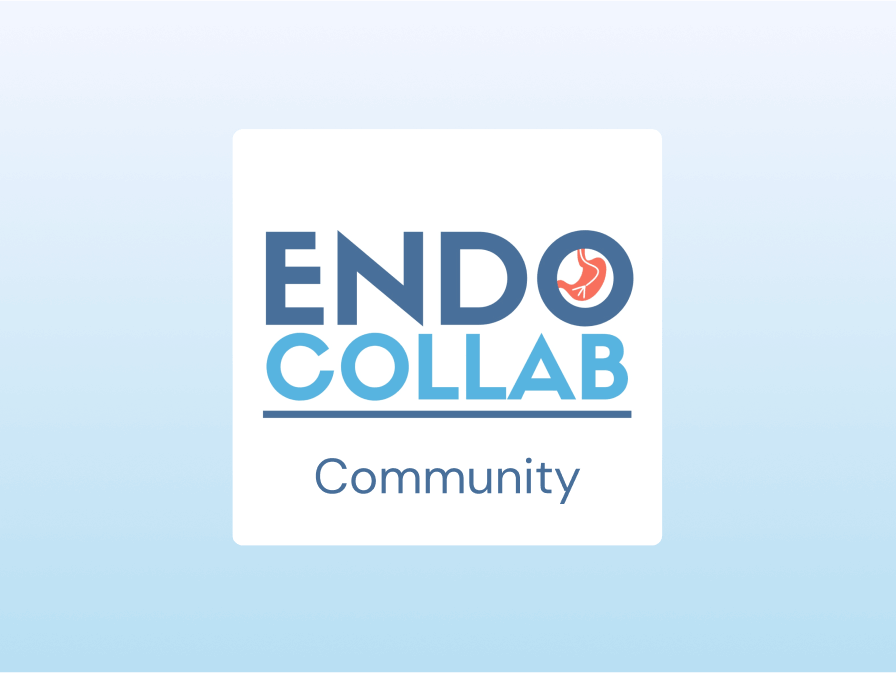Colon cancer is the second leading cause of cancer death in the United States, with over 50,000 deaths annually. The good news is that colon cancer is preventable with proper screening. Colonoscopies allow doctors to visualize the entire colon and detect precancerous polyps before they become cancerous. However, colonoscopies cannot accurately identify polyps and early cancers if the bowel is not thoroughly cleansed beforehand.
The Importance of Colon Cleansing
Proper bowel preparation is essential for successful colonoscopies. Any fecal matter or debris left in the colon can obscure the view and result in missed lesions. In fact, studies show that inadequate bowel prep decreases polyp detection rates by up to 27%!
Patients are instructed to follow a special diet and take a bowel cleansing solution prior to the procedure. The goal is to completely empty the colon of all solid matter. This allows the gastroenterologist to clearly visualize the lining of the colon.
Measuring Bowel Prep Quality
The cleanliness of the colon during a colonoscopy is graded using validated scoring systems like the Boston Bowel Preparation Scale. The Boston scale rates colon cleanliness from 0 (unprepared colon) to 3 (large amounts of solid stool) to 9 (perfectly clean colon).
Experts recommend a minimum Boston score of 6 for optimal polyp detection. Scores below 6 indicate marginal or poor prep which limits the accuracy of the colonoscopy.
Poor Bowel Prep Outcomes
In our endoscopy center, we observed unacceptably low Boston prep scores in most patients arriving for colonoscopies. The average was around 3, with some as low as 1. It became clear our prep protocol was inadequate and changes were needed to improve outcomes.
We assembled a team including our head gastroenterologist, nurses, patient educator and office administrator to analyze our process. After reviewing the literature and our experiences, we identified two primary opportunities to optimize bowel cleansing:
- Enhancing patient education around the prep process
- Implementing a split-dose prep regimen
Improving Patient Prep Education
Patient education is key for proper colonoscopy preparation. We developed a comprehensive, easy to follow instruction sheet clearly explaining the importance of prep.
The sheet provides a simple timeline of the multi-day prep process. This includes following a 3–4-day low fiber, no seeds diet beforehand to begin clearing the colon of debris. Illustrations demonstrate acceptable and unacceptable foods.
Patients are also instructed to follow a full liquid diet the day before the procedure. The sheet states allowable clear liquids, emphasizes hydration, and gives tips to ease hunger.
Finally, the instruction sheet outlines precisely how and when to take the bowel prep solution, including a checklist of items to prepare like prescription pickup and pet care.
We trained our nurses and front desk staff to thoroughly review the sheet with patients when scheduling. They also call the afternoon before the procedure to reinforce the instructions and answer any last-minute questions.
Implementing Split-Dose Bowel Preparation
Historically, patients were instructed to complete the entire bowel prep the evening before the colonoscopy. However, research shows split-dose regimens result in superior colon cleansing.
With split dosing, the patient takes one half of the prep solution the afternoon or evening before the procedure. The second half is consumed the morning of the colonoscopy, finishing around 4 hours beforehand.
Split dosing produces cleaner colons by allowing the laxative effect to be fresher at the time of the actual procedure. Taking the full dose, the night before can cause the laxative effect to wear off and fecal matter to build back up.
The Result: Dramatically Improved Colon Cleansing
The combination of enhanced patient education and split-dose prep has transformed our bowel prep outcomes. Since implementing these changes, our average Boston Bowel Prep Scores increased from around 3 to 8 out of 9.
Better colon cleansing translates to more polyps detected and potentially more lives saved through early colorectal cancer detection. Thorough colonoscopy prep is critical, and improvements are possible through detailed patient instruction and split-dose protocols. We encourage all endoscopy facilities to closely evaluate their processes to achieve superior outcomes.


